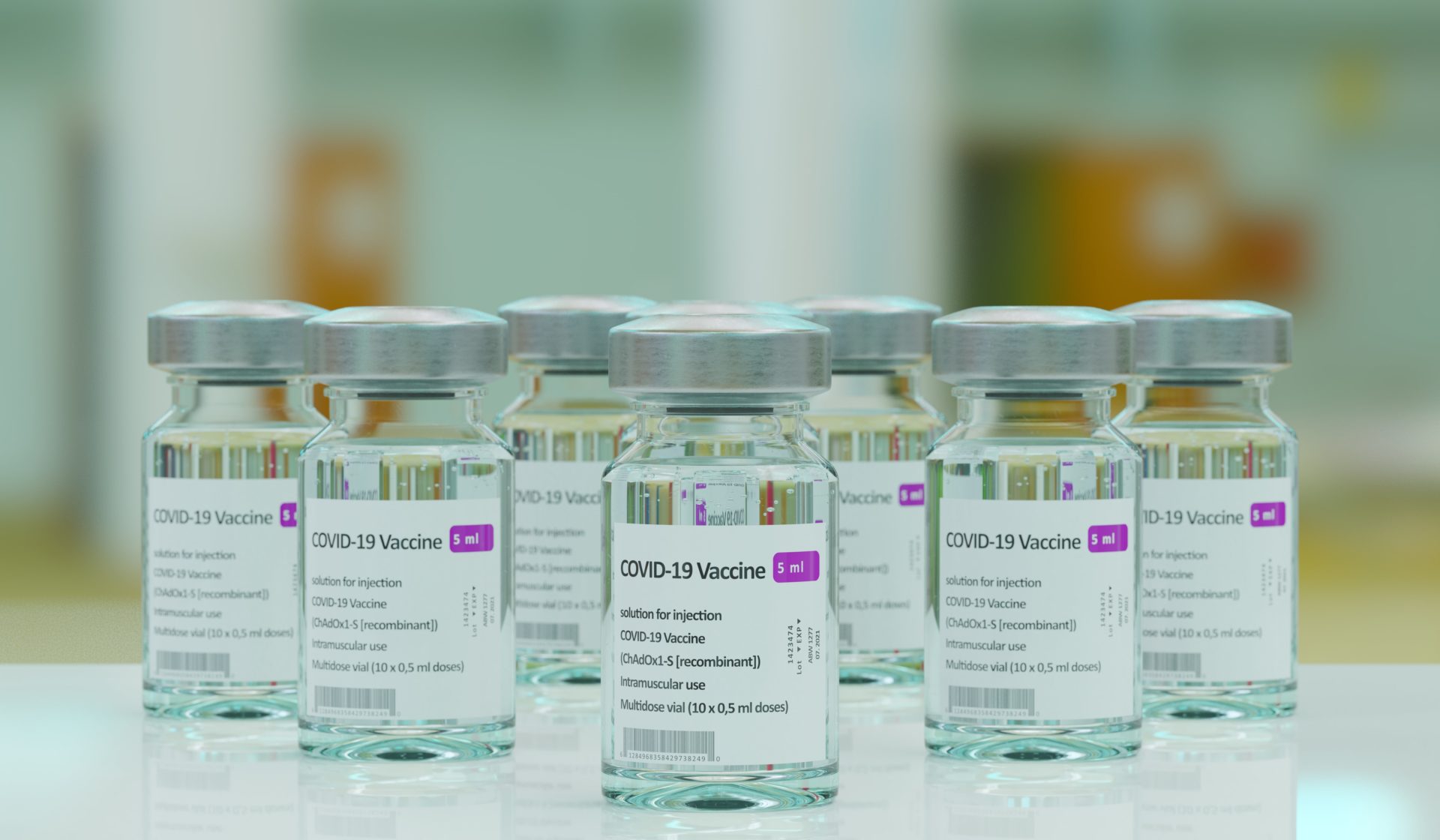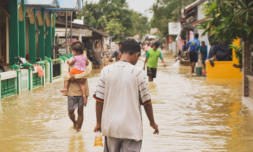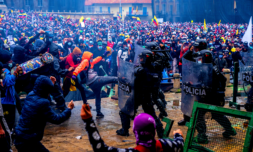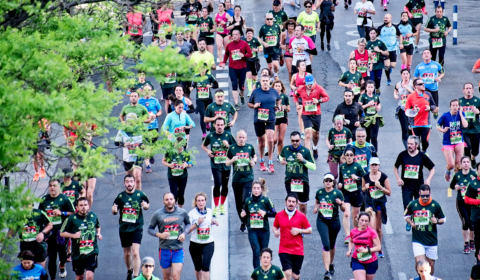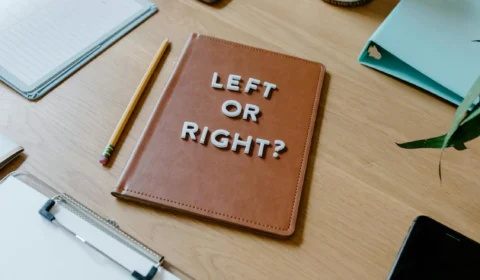The world’s most wealthy countries are offering outrageous incentives to encourage citizens to get vaccinated. Meanwhile, citizens in poorer nations have yet to receive a single dose.
For many, a widely available vaccine seemed like the light at the end of the tunnel, a way out of lengthy lockdowns and a tool that would stop rising death tolls and ultimately lead to the closure of the pandemic.
However, the race for pharmaceutical companies to develop a vaccine for COVID-19 has not been met with equal willingness from citizens in wealthy nations to receive it.
The USA in particular is seeing a nationwide decrease in the number of vaccines being administered daily. In many states, the rate has dropped 40% from previous months.
In response, local governments are coming up with some pretty ludicrous means of encouragement to help drive rates back up. Free beer, sports and airline tickets, lottery prize money, and even apartments, are just a few items being offered to encourage people to show up for their vaccines.
In what is probably the most American thing you’ve ever heard, the state of West Virginia is offering the chance to win a gun post-vaccination. Today in Washington state it has been announced that free pre-rolled joints will be offered as an incentive.
At surface level, this all seems pretty comical. President Biden’s goal to get 70% of America’s population vaccinated by the 4th of the July has now turned the effort into an effective kind of fun fair.
But there is a deeper, moral problem that lies within this madness, and it started before the vaccine was even ready for rollout.









